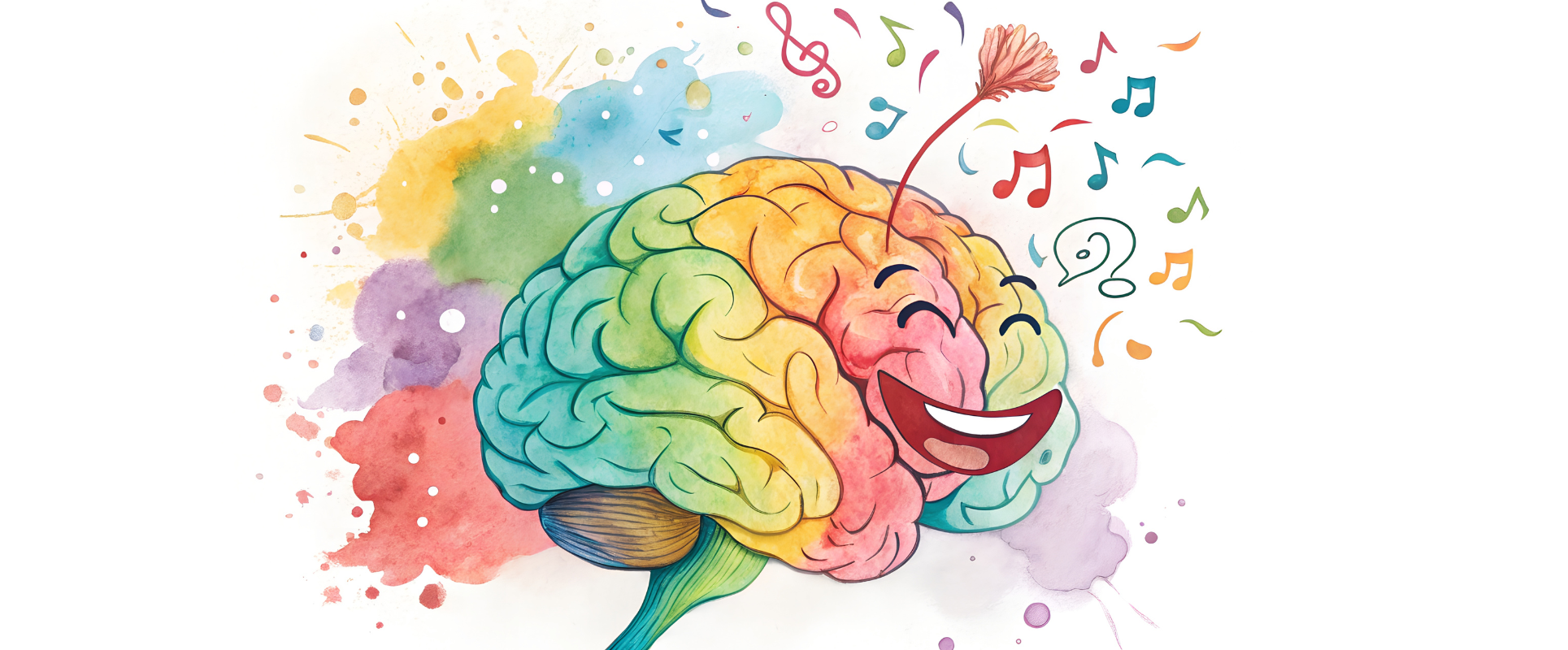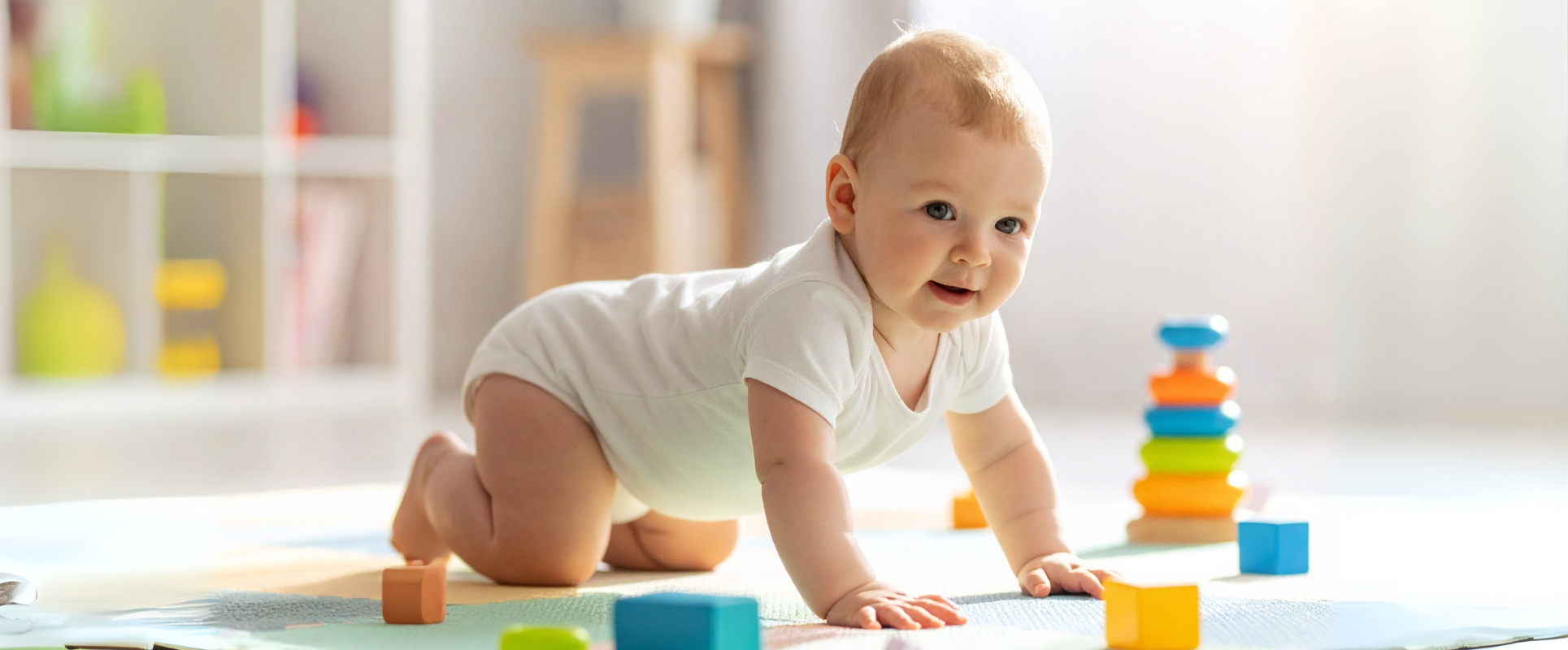
Why Music Helps Develop a Child’s Brain
Imagine a baby calming down with a lullaby or a toddler clapping to a playful rhythm. These moments are more than sweet — they actively shape the developing brain. Neuroscience shows that music stimulates neuroplasticity, boosts language and attention, strengthens memory and fosters emotional resilience. In this article, we explore how music nurtures children’s brains, why early exposure matters and how parents can bring music into everyday life.
1. Neuroplasticity: Building Strong Brain Pathways
-
What it is: Neuroplasticity is the brain’s ability to form new neural connections.
-
Why music matters: Musical training reshapes brain regions for sound processing, motor control and coordination.
-
Evidence: Children with sustained music exposure show stronger auditory pathways and better sound discrimination — skills that also support language learning.
2. Music and Language Development
-
Music and language share rhythm, pitch and pattern.
-
Benefits for children:
-
Improved phonological awareness (detecting sound differences).
-
Stronger verbal memory and pronunciation.
-
Early support for reading comprehension.
-
-
Research shows children who regularly sing and listen to music develop larger vocabularies and stronger pre-reading skills.
3. Executive Functions, Attention & Focus
Playing or even moving to music requires:
-
Working memory (remembering sequences, notes).
-
Inhibition (waiting turns, controlling impulses).
-
Cognitive flexibility (switching rhythms or adapting to group play).
👉 Studies link musical activities to faster auditory processing, which enhances attention, planning and overall learning readiness.
4. Emotional, Social & Motor Development
-
Emotional health: Music helps children regulate moods, manage stress and express feelings safely.
-
Social bonding: Singing in groups, dancing or ensemble play teaches cooperation, empathy and turn-taking.
-
Motor skills: Dancing, drumming or piano practice improves coordination, posture and fine motor control.
5. The Importance of Early and Consistent Exposure
-
Early years (0–5) are sensitive periods where music has the strongest impact.
-
Consistency matters: Daily or weekly routines (lullabies, playtime music, lessons) produce deeper neural and behavioral benefits than occasional exposure.
6. Practical Ways Parents Can Use Music at Home
| Everyday Moment | Easy Ideas for Parents | Why It Helps |
|---|---|---|
| Bedtime | Soft lullabies, calming rhythms | Promotes sleep & security |
| Playtime | Rhythm clapping, echo games, dancing | Builds motor skills & attention |
| Family time | Singing together, simple instruments | Strengthens bonding & empathy |
| Transitions | Use songs for routines (tidy-up song, bath song) | Makes daily habits fun & predictable |
| Exploration | Introduce classical, folk, and world music | Expands cultural and cognitive horizons |
7. Considerations & Safe Practices
-
Active vs. passive: Active participation (singing, instruments) is far more effective than passive listening.
-
Access & equity: Not every family can afford lessons, but singing and clapping games are free and powerful.
-
Hearing safety: Keep volume moderate; avoid prolonged loud exposure.
-
Balance: Combine music with other creative play (art, storytelling).
Conclusion
Music is not just entertainment — it is a profound tool for brain development. It strengthens language, attention, memory and emotional wellbeing while building motor and social skills. By weaving music into daily life—through singing, rhythm games or instruments — parents and educators can nurture children’s cognitive growth and resilience, creating benefits that last well beyond childhood.
References & Trusted Sources
-
Miendlarzewska, E. A. et al. How musical training affects cognitive development. NIH/PMC
-
Habibi, A. et al. Children’s brains develop faster with music training. USC Brain & Creativity Institute
-
Harvard Health Publishing. Why is music good for the brain? Harvard Health
-
UNICEF Parenting. How music affects your baby’s brain. UNICEF
-
American Academy of Pediatrics. Early brain development & learning. (AAP.org)








